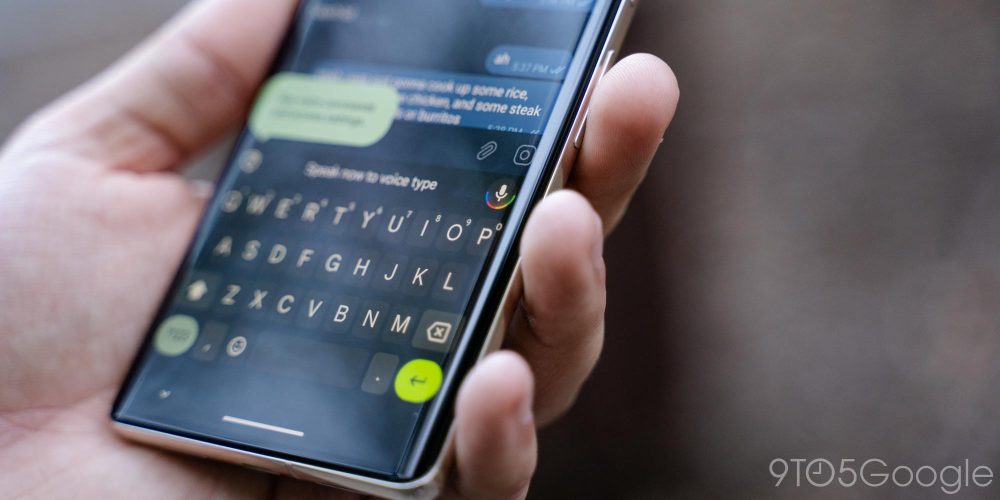
With the launch of the Pixel 7, Google made it clear that it had a vision to make devices in its own hardware family work better together. Now, a new report claims that Google is planning to “double down” on Pixel phones and its own hardware, betting on its own success over partners.
Google’s ambitions in the smartphone market have seen moderate success over the years, with Pixel 3 still reportedly being the company’s top seller. But with the Pixel 6 series, Google saw its “fastest-selling” Pixel ever, something that resulted in Google becoming a top five smartphone maker in North America.
But while its success to date has been relatively meager, Google is apparently hedging its bets on Pixel phones.
According to a new report from The Information, Google is “doubling down” on Pixel phones and its own hardware. This apparently includes moving product development and software engineering staff to work on Google-branded devices rather than features for non-Google hardware.
Google, of course, provides the base software layer for virtually every Android phone on the planet, with new features often arriving for devices from all brands. This move supposedly won’t result in “reduced” support for partners such as Samsung, but we can already see some of its effects. An internal document seen by The Information showed that recent decisions to axe Google Assistant support on some Wear OS smartwatches as well as lessening support for Assistant features such as Driving Mode were apparently a part of this shift within the company.
Related: Google is actually shutting down the Assistant Driving Mode ‘Dashboard’
Apparently, Google has a shortlist of Android brands “for which it should develop the best Google services.” This list includes Samsung, OnePlus, and Xiaomi at least.
Another impact we’ve already seen is with “less important” Google-made devices. Last month, Google shuttered plans for its own ChromeOS laptops, and it’s become obvious that Google is pushing away from Fitbit’s smartwatches amid the launch of the Pixel Watch.
The inspiration for this shift in Google’s mindset apparently comes through two factors, starting with Samsung’s performance in the market.
Apparently, Google is “concerned” that Samsung is losing customers to Apple. iPhone shipments overtook that of Android phones in the US for the first time ever in 2022.
Comments from a senior Google Search executive, Sissie Hsiao, reveal that CEO Sundar Pichai believes that Google’s efforts in making its own hardware “best positions [Google] to be protected” from shifts in the mobile market.

The other part of the equation comes from the broader economic situation, as Sundar Pichai has expressed a goal to make the company “20% more efficient.” That has led to hiring freezes and scaling back in other areas. Last month, Google cut down on its experimental Area 120 division by 50%, and also announced that its Google Stadia cloud gaming platform would shut down in early 2023.
Notably, too, Hsiao also apparently has considered shifting some employees away from Android Automotive, a project that carmakers such as Ford, Volvo, and more are using for native in-car operating system. While that project is set to make Google upwards of $1 billion annually in the coming years, the amount is “too small” to make a meaningful difference in the company’s bottom line – Alphabet, Google’s parent company, reported revenue just shy of $70 billion in Q2 2022 alone. This doesn’t affect the standard version of Android Auto, the report says.
Rounding out the report, The Information cites Kirk McMaster, the previous head of Cyanogen, who said that Google “can’t afford to back off” with Pixel phones and its own hardware as Apple continues to grow in the smartphone market. He added that Google pulling away from efforts to develop its own hardware would be “really ceding power to Apple.”
More on Pixel:
- Pixel 7 Pro initial review: Google is finally figuring out flagship phones
- Google Pixel Watch initial review: Expect disappointment, and you’ll never be disappointed
- Pixel 7 initial review: Android’s ‘default’ device gets meaningful and important upgrades
Author: Ben Schoon
Source: 9TO5Google



